Accessibility: How to ensure your workplace is inclusive
How can you ensure IT remains accessible for people with disabilities? It's imperative that you consider the options...


For many employers, dealing with people with disabilities in the workplace doesn't come at the top of their IT checklist. It should though as everybody should be treated equally.
That's the theory. How then, can businesses ensure this remains a reality. How should companies assist and ensure they're ready for dealing with the unique requirements of workers if they aren't already prepared?
The Equality Act of 2010 states an employer is responsible for making reasonable adjustments to help people with disabilities. In fact, the legislation covers nine areas, one of which is disability, with the others including, but not limited to, gender, race, marital status, sexual orientation and disfigurement.
Reasonable adjustment means putting in place what is required to make an employee's life - in terms of work - easier. In the vast majority of cases, that's technology being used as an enabler.
Employees may have an obvious disability, such as sight, hearing or a physical impairment, or it might be dyslexia, migraines, RSI or simply that they get tired more than others. Whether visible or something that isn't immediately obvious, the goal of making IT accessible remains.
The Equality Act also includes making suitable adjustments to systems the employer has already put in place that aren't accessible to people with a disability. For example, a company may implement a new piece of software that isn't compatible with a visually impaired employee's screen reading software.
If this is the case, that needs to be fixed. An assessment might say it will cost 20,000 to make those adjustments and, although that's not a reasonable outlay for one employee, it has been a legal requirement for more than a decade.
Get the ITPro daily newsletter
Sign up today and you will receive a free copy of our Future Focus 2025 report - the leading guidance on AI, cybersecurity and other IT challenges as per 700+ senior executives
Organisations must think about whether it is reasonable for them not to think about implementing an accessible version of a particular piece of software functionality when they choose their package or ask a third party to produce it for them, according to Robin Christopherson, head of digital inclusion at AbilityNet.
John Lamb, Council member of the British Assistive Technology Association, says these technologies should be in place before an employee with extra needs has been hired, to future-proof the infrastructure.
"It really helps to make some kind of training on disability awareness available, especially for your recruitment team and explain what's expected of them. Larger organisations provide courses for line managers, but this should be a universal requirement," he explains.
A study by Even Break highlighted a big problem when trying to get more people with disabilities into work.
Researchers at the company applied for 20 vacancies, including names, a CV and a covering letter, without checking the disability box. The same researchers then applied for the same vacancies with identical CVs, just changing the name and ticking the disability box. In the first case, researchers received 20 replies and in the second case, they didn't get a single response from the recruiter.
Christopherson says this research doesn't show the recruiters were necessarily saying we hate people with disabilities', but they are scared to take them onboard because they don't know how to make the necessary adjustments if that employee were to get the job.
Research by the Health and Safety Executive in 2013 found if peoples' needs are being met sick leave levels fall. Furthermore, employees with disabilities are more loyal and stay longer in their job when their requirements are catered for.
"If you look at the levels of sick leave and mental health issues, they're very high and the numbers of tribunals against employers for mistreatment and mishandling are up," Christopherson explains.
There are lots of solutions out there to aid companies implement a plan to address extra needs employees may have from an IT point of view.
Access To Work provides special kit without the associated financial burden. Run by the Department for Work and Pensions, there's a sliding scale of how much funding you'll receive according to how quickly you apply.

Clare is the founder of Blue Cactus Digital, a digital marketing company that helps ethical and sustainability-focused businesses grow their customer base.
Prior to becoming a marketer, Clare was a journalist, working at a range of mobile device-focused outlets including Know Your Mobile before moving into freelance life.
As a freelance writer, she drew on her expertise in mobility to write features and guides for ITPro, as well as regularly writing news stories on a wide range of topics.
-
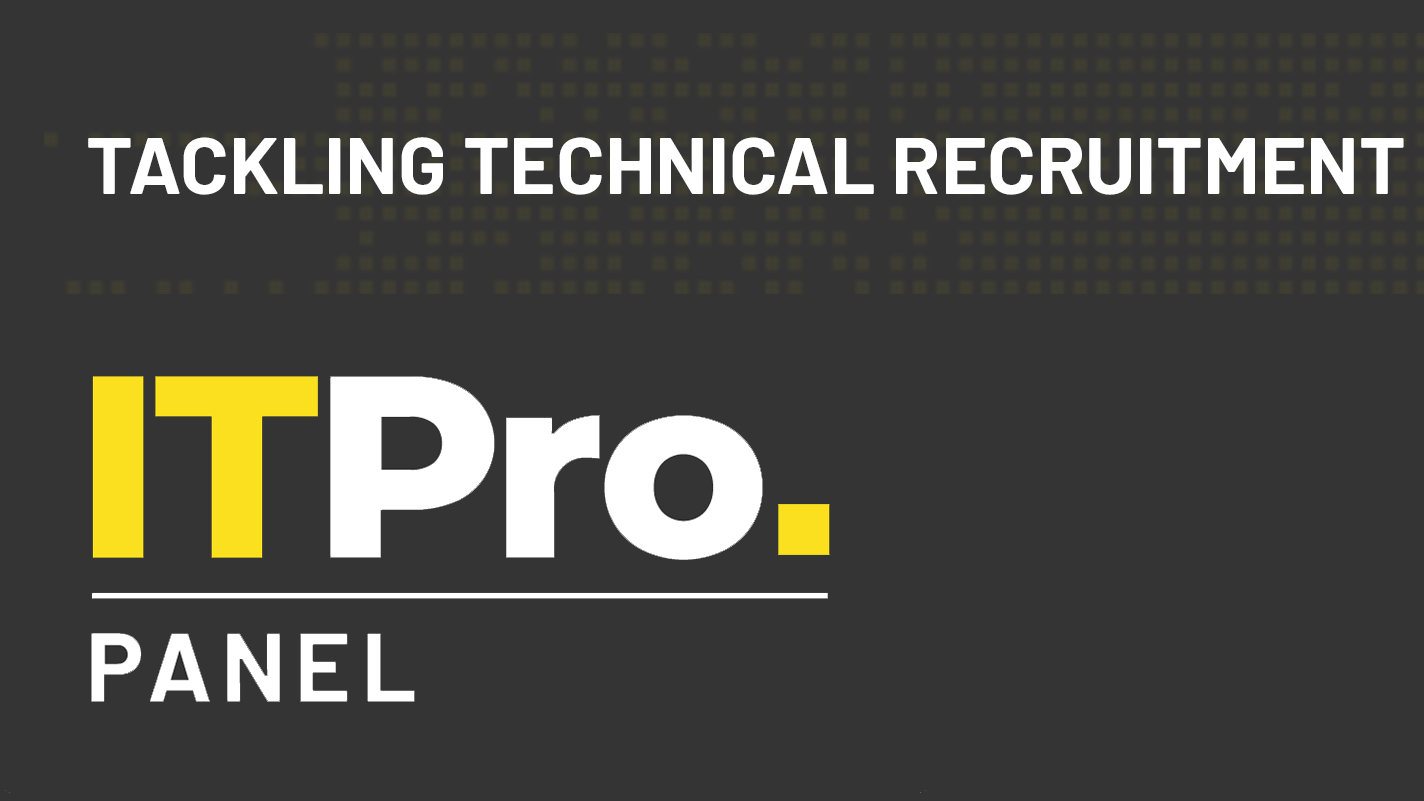 IT Pro Panel: Tackling technical recruitment
IT Pro Panel: Tackling technical recruitmentIT Pro Panel With the recruitment market shifting, how can businesses both retain their best staff and fill gaping talent shortages?
By Adam Shepherd
-
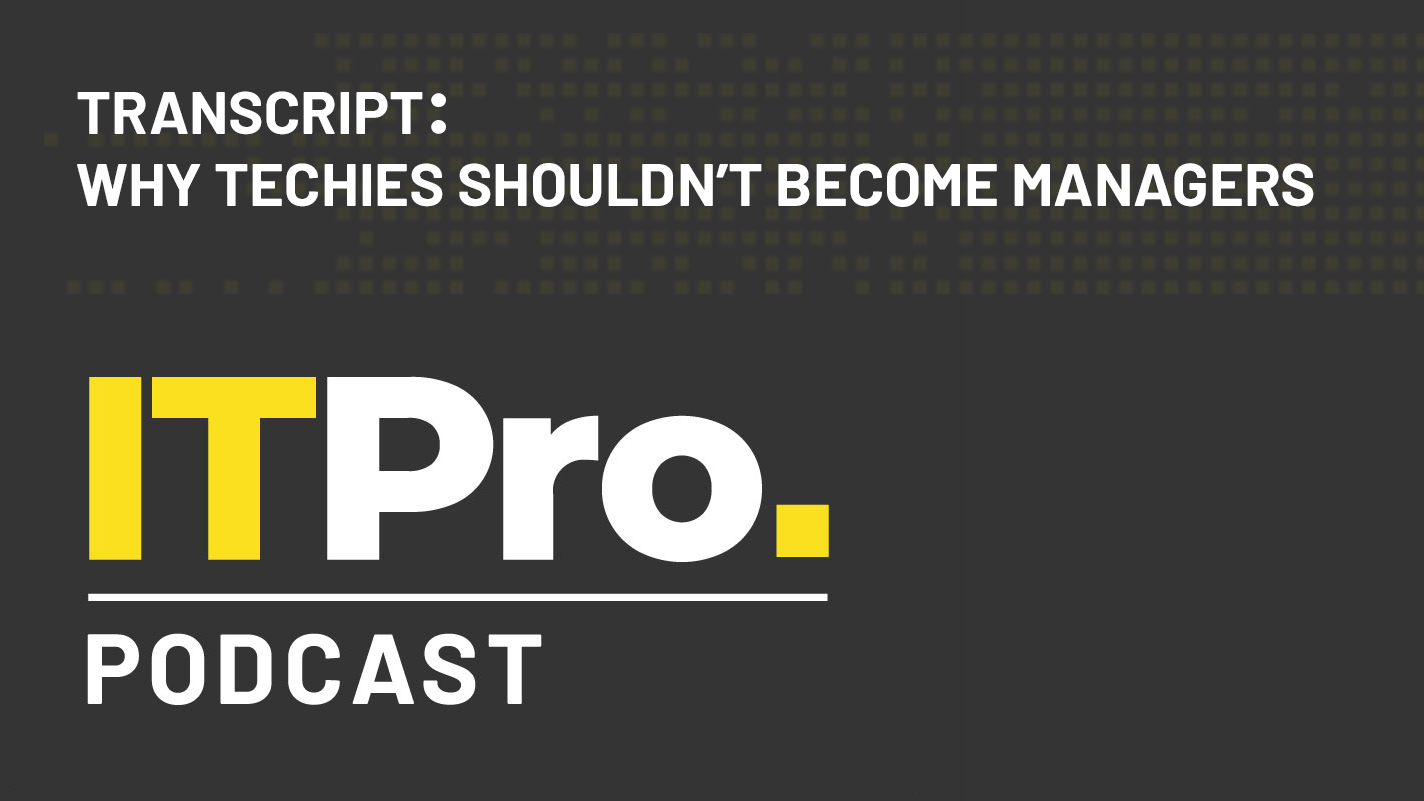 Podcast transcript: Why techies shouldn’t become managers
Podcast transcript: Why techies shouldn’t become managersIT Pro Podcast Read the full transcript for this episode of the IT Pro Podcast
By IT Pro
-
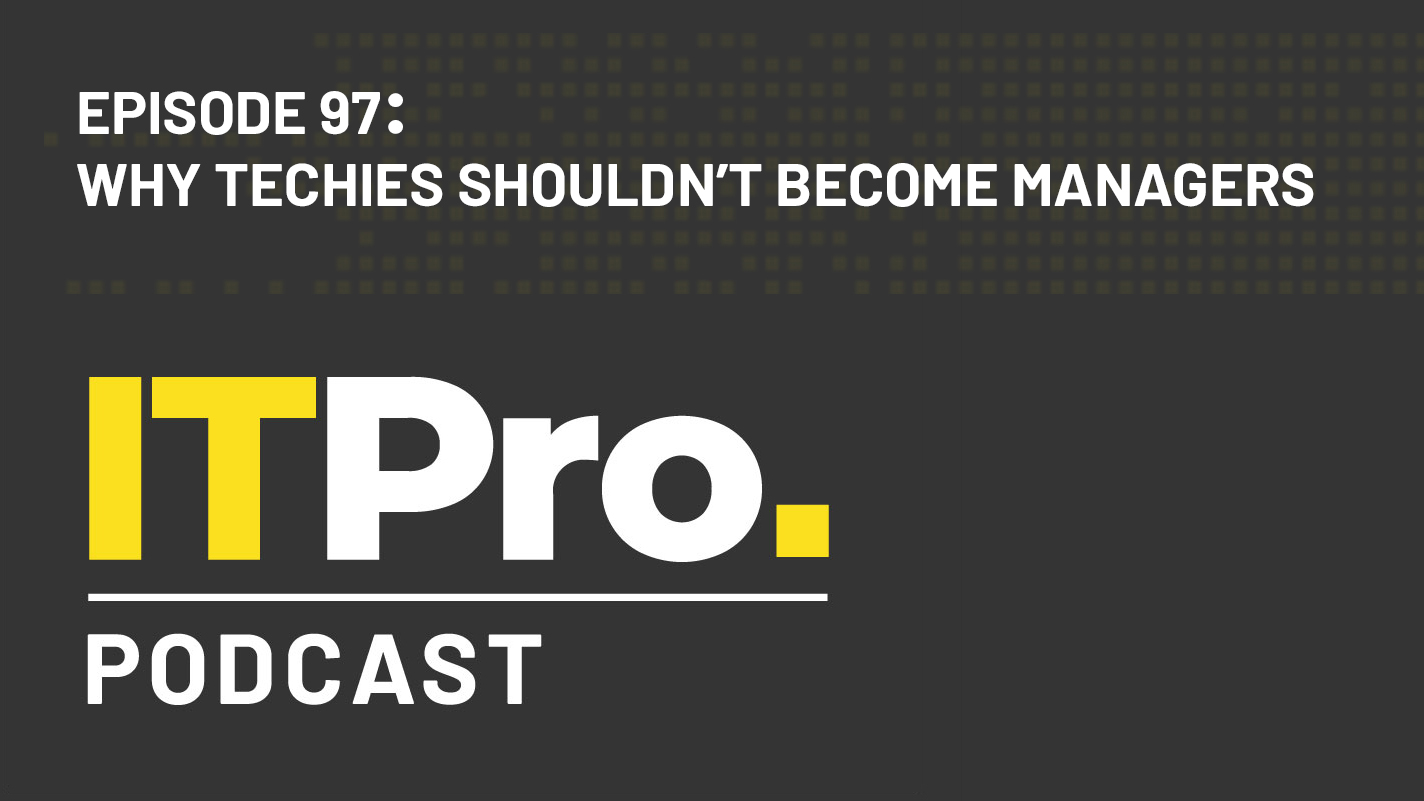 The IT Pro Podcast: Why techies shouldn’t become managers
The IT Pro Podcast: Why techies shouldn’t become managersIT Pro Podcast Managing people is a completely different skillset to managing technology - so why do we keep pushing people from one to the other?
By IT Pro
-
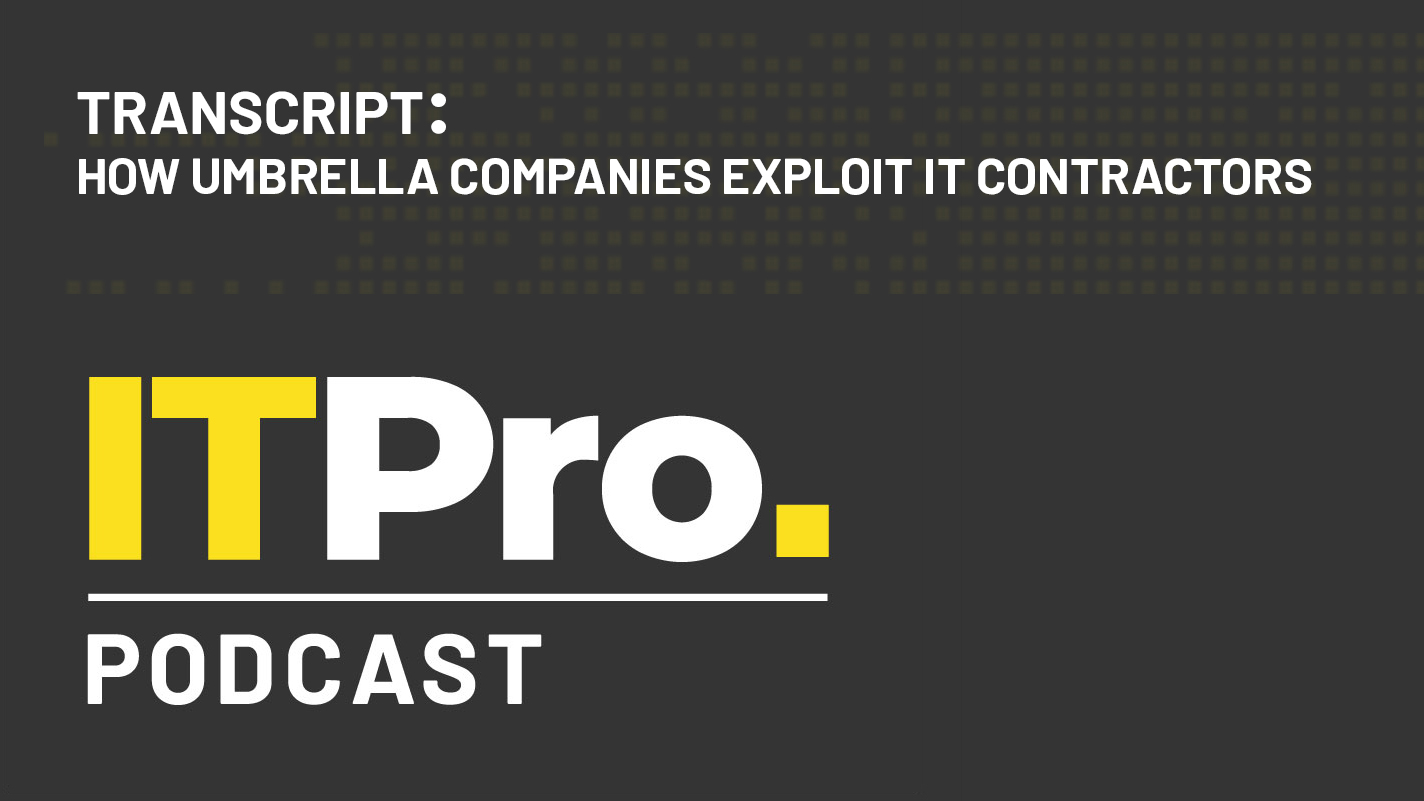 Podcast transcript: How umbrella companies exploit IT contractors
Podcast transcript: How umbrella companies exploit IT contractorsIT Pro Podcast Read the full transcript for this episode of the IT Pro Podcast
By IT Pro
-
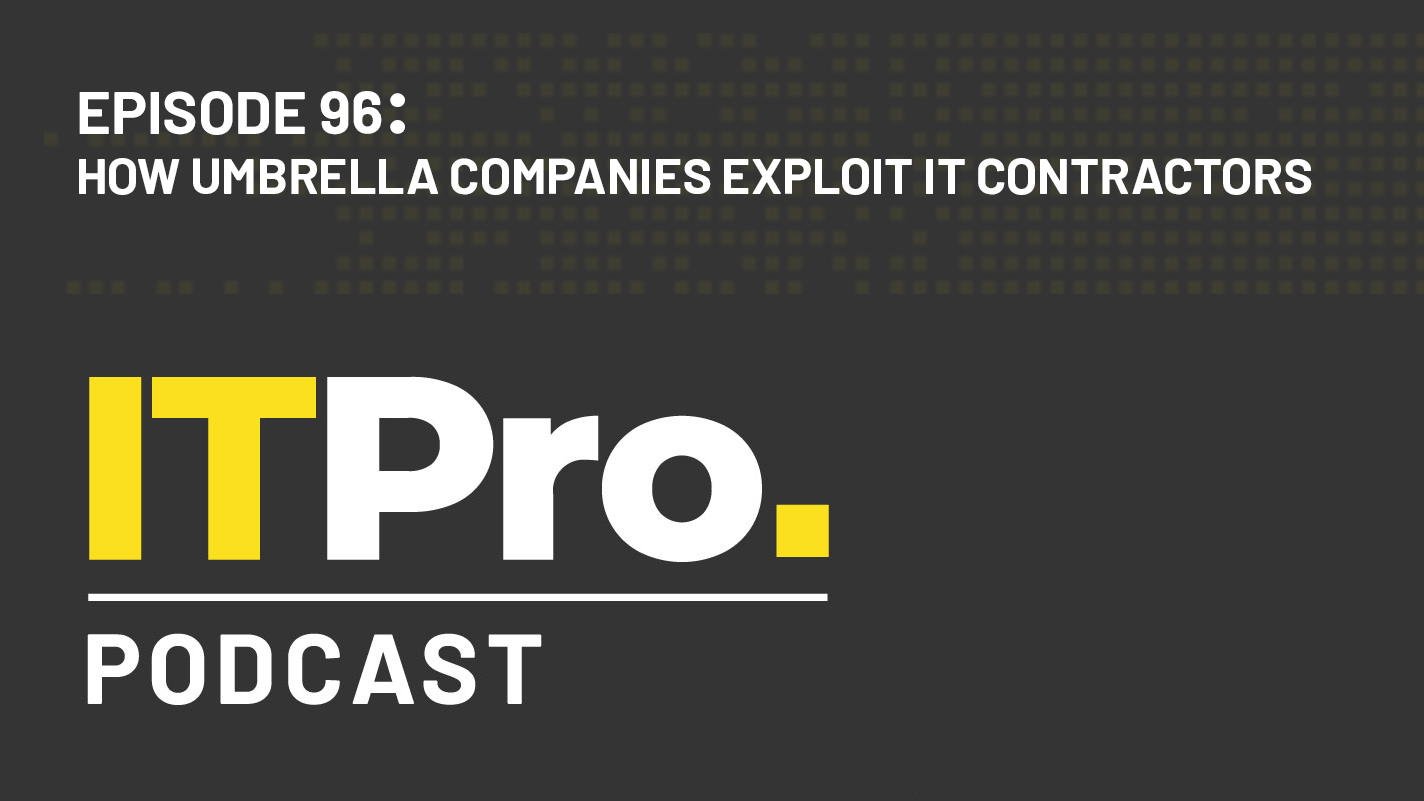 The IT Pro Podcast: How umbrella companies exploit IT contractors
The IT Pro Podcast: How umbrella companies exploit IT contractorsIT Pro Podcast Is tighter regulation needed to stop workers from being cheated out of earnings?
By IT Pro
-
 Data scientist jobs: Where does the big data talent gap lie?
Data scientist jobs: Where does the big data talent gap lie?In-depth Europe needs 346,000 more data scientists by 2020, but why is the gap so big?
By Zach Cooper
-
 Four tips for effective business collaboration
Four tips for effective business collaborationOpinion Collaboration is about more than just removing office walls
By Esther Kezia Thorpe
-
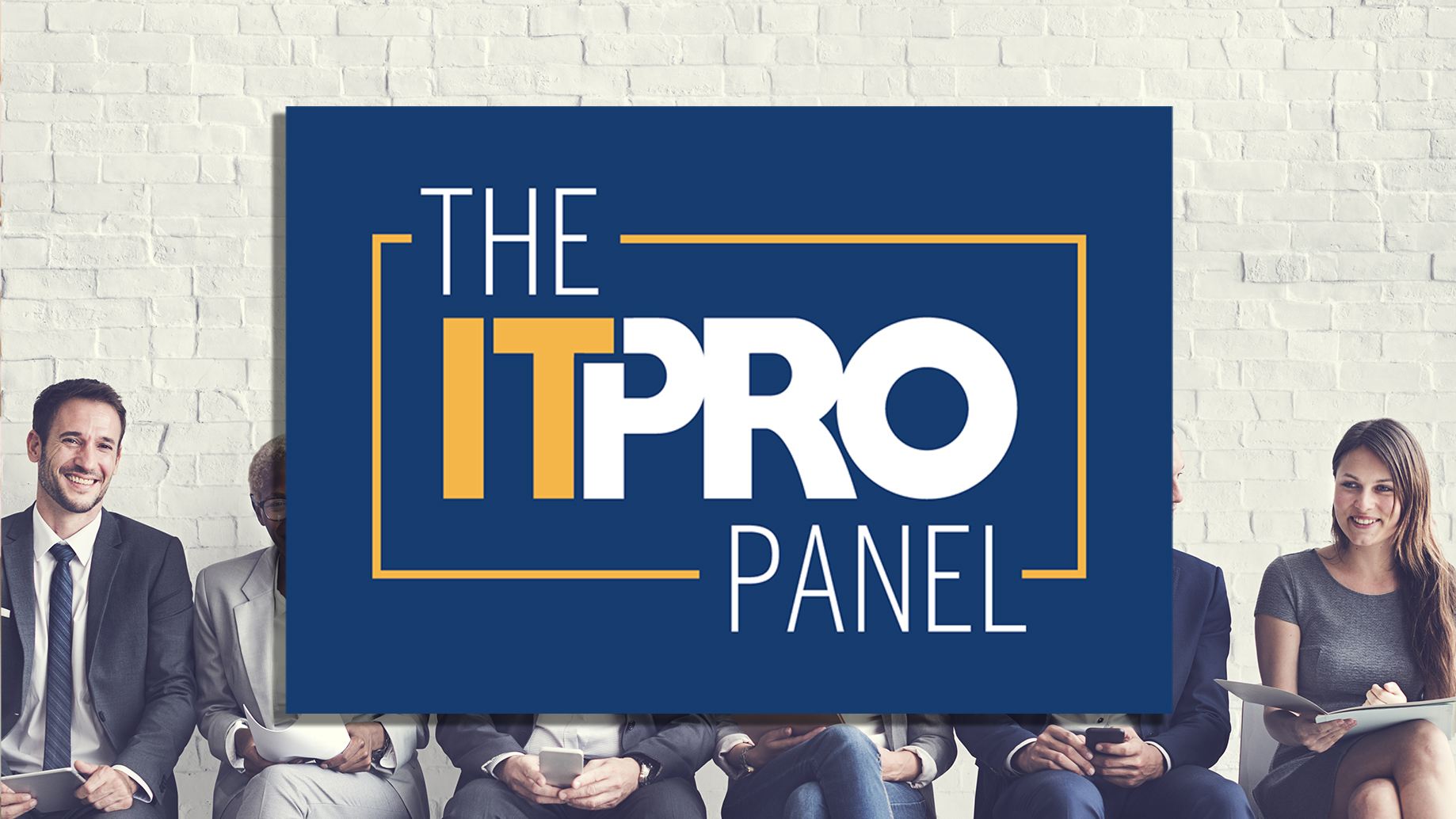 IT Pro Panel: The truth about talent
IT Pro Panel: The truth about talentIT Pro Panel Why is it still so hard to find good people?
By Adam Shepherd

